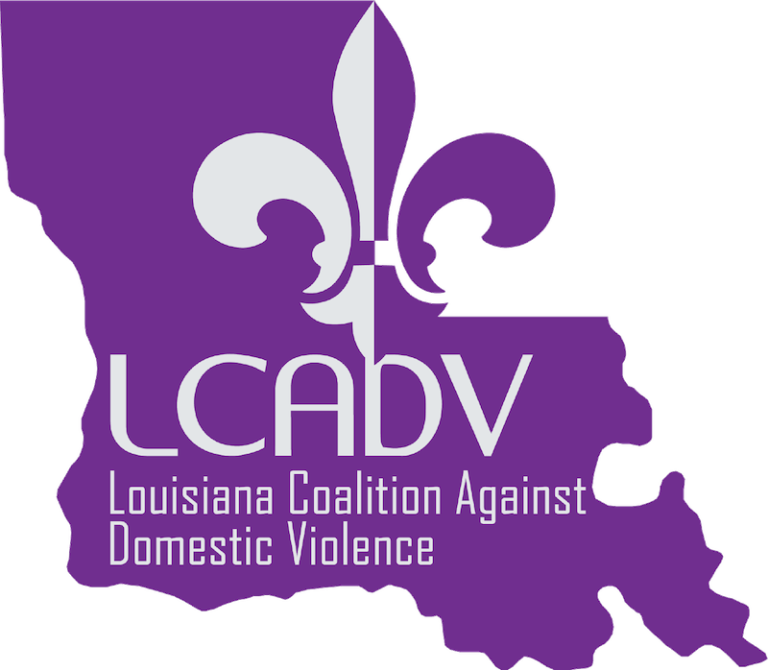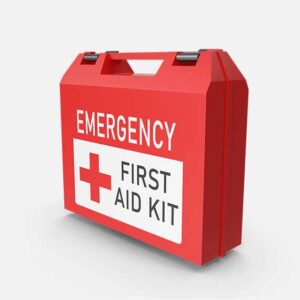Baton Rouge, LA — The Louisiana Coalition Against Domestic Violence (LCADV) announced today that it has received funding to promote housing security among domestic violence survivors. The million dollar grant is a broad expansion of a pilot program launched earlier this year. The grant expands LCADV’s Domestic Violence Flexible Housing Assistance Program to every region of the state, hoping to bring statewide impact to an issue all too common among domestic violence victims: homelessness.
Domestic violence and homelessness are closely related. Domestic violence is a leading cause of homelessness for women and children, and the need for safe and affordable housing is one of the most commonly reported concerns for survivors of domestic abuse. A recent study of homeless women with children found that 80% had previously experienced domestic violence. The economic impact of the COVID-19 pandemic has exacerbated this problem, with many domestic violence victims having secured safe housing away from their abusers, only to lose their jobs and face eviction as a result of the pandemic.
In its 5-month pilot project earlier this year, the Coalition partnered with 11 domestic violence organizations across the state to provide direct, low-barrier, and flexible housing assistance to domestic violence survivors. The pilot saw over 600 victims secure stable housing, a key step to long-term security. The funds secured this month expand the program into every parish of the state, a move the Coalition hopes will provide safe housing for even more victims in the coming year.
According to advocates, this program’s effectiveness is a result of its unique, flexible approach to housing stability. While many existing housing assistance programs have stringent requirements, income limits, and long lists of unallowable costs, this model prioritizes meeting survivor-defined needs on flexible terms. “Often, the true barrier to a victim’s stable housing is not the rent itself. Sometimes, it’s a functioning vehicle to get to work, childcare while they interview for jobs, or a utility deposit to get the lights turned on,” said Mariah Wineski, executive director of LCADV. “A holistic approach to housing removes whatever the barrier may be, and that is the approach we take with this program.”
The grant was provided by the Louisiana Commission on Law Enforcement through the Justice Reinvestment Initiative, and marks the largest investment of new state funding into domestic violence services in over a decade. Wineski applauded the Commission’s decision, “With this grant, the state of Louisiana has chosen to invest in survivors, and the returns will come quickly. When we prioritize meeting the basic needs of our most vulnerable citizens, our entire state reaps the benefits.”
Louisiana currently ranks 5th in the nation for the rate of women murdered by men, according to an annual report by the Violence Policy Center. Advocates are hopeful that this funding will contribute to a reduction in those homicides. “Domestic violence victims in Louisiana face extraordinary barriers to safety,” Wineski said. “We are thrilled to launch a program that removes some of those barriers.”


